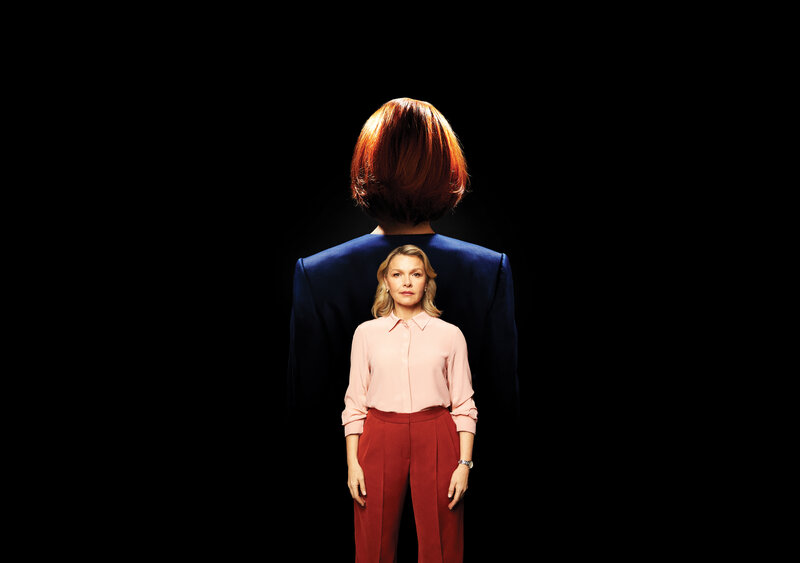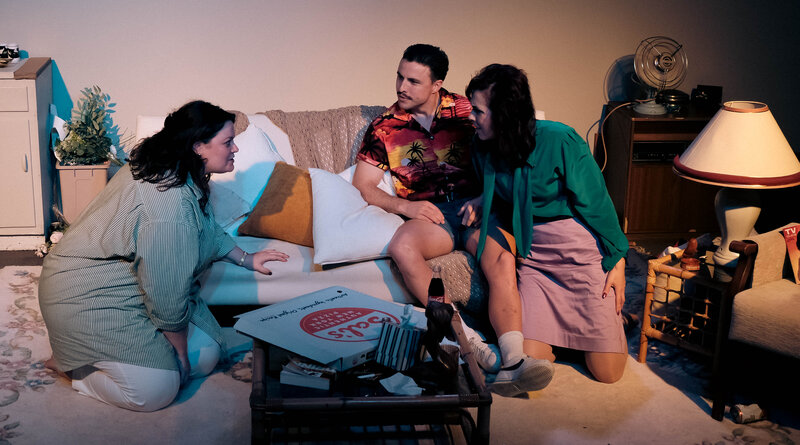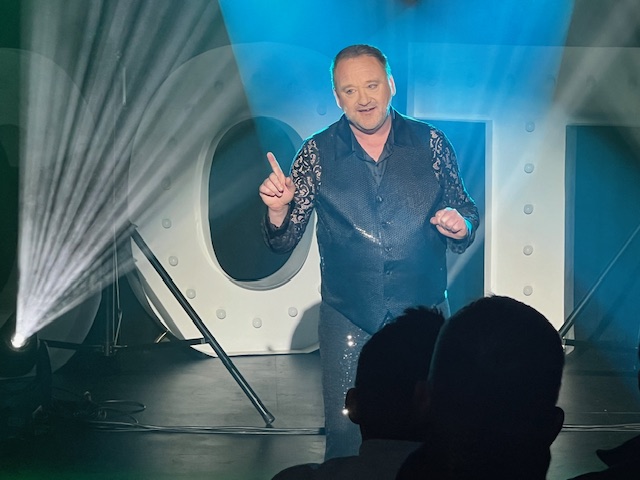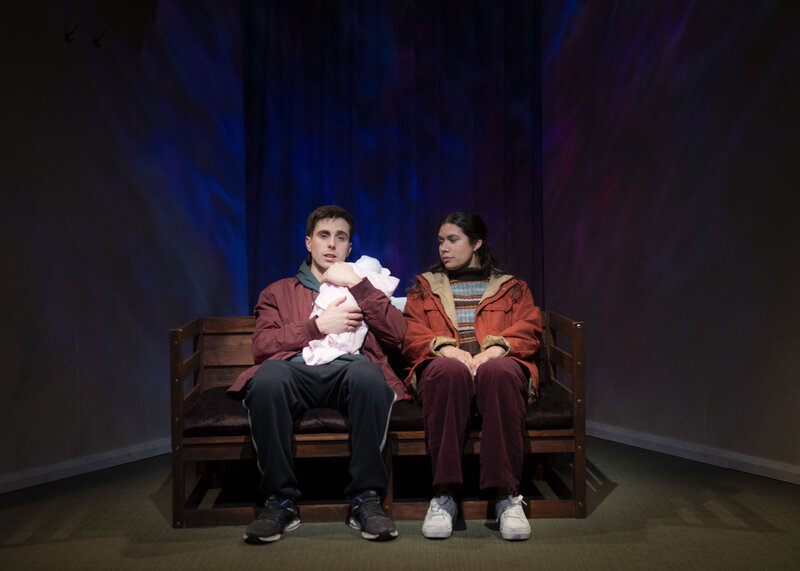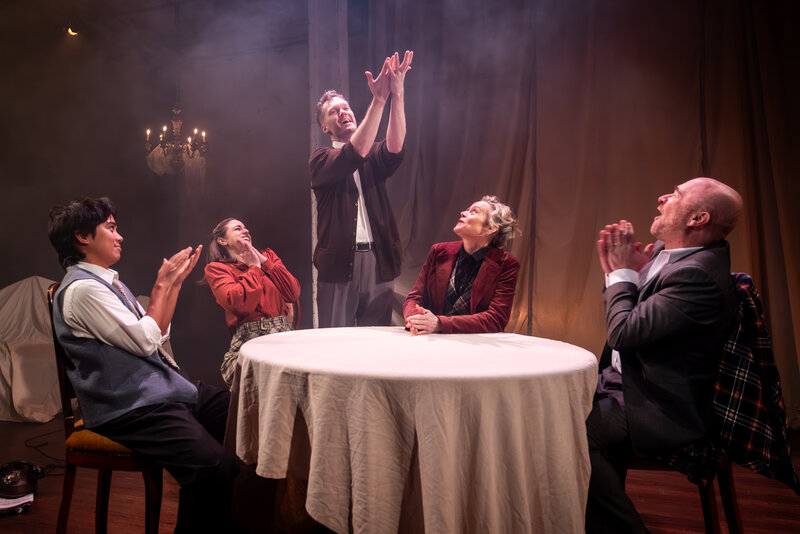It was 9th October 2012 when Prime Minister Julia Gillard drew a line in the sand … when she refused to stay silent any longer. To that point she had effectively put up with personal attacks and insults from her political adversaries and the media. Those related to her spartan home environment, her looks, her choice of clothing, her unmarried status and her childlessness, let alone her political choices. Among the most pointed was that she “was unfit for leadership because she was deliberately barren”.

On 9th October 2012, Opposition Leader Tony Abbott tried to drag Gillard through the mud as part of a no confidence vote to have Peter Slipper removed as Speaker. But although Mr Slipper was a dead man walking because of crude and sexist texts he sent to an aide, Gillard refused to entertain Abbott’s holier than thou bluster. That was when, more than two years after becoming Australia’s first female Prime Minister (the country’s 27th leader) on 24th June 2010, she struck back.
Gillard’s speech in parliament, when she slammed the misogyny, sexism and hypocrisy inherent in Abbott’s remarks, bookends Julia, the play. It has been crafted with an intense and acerbic eye by a remarkable wordsmith in Joanna Murray-Smith and realised with potency and poise by Justine Clarke. In fact, hers is a bravura showing, an electrifying performance that sees 90 minutes flash by. Through it, we get to know Gillard and what drove her … her influences, including her parents.
At age eight she stated that she never wanted to have children. An accomplished debater, she had designs on teaching, but was persuaded to pursue a legal route. She wanted to make a difference and once she began moving up the political ladder, Gillard had her eyes on the top prize, even though she would say otherwise. Murray-Smith has injected a great deal of vitriol, as well as humour and pathos, into her script. She is astute in her observations of the political cauldron.

The barbs of Gillard’s critics are particularly sharp, including broadcaster Alan Jones, who said her recently deceased father “died of shame” over the PM’s lies. To her great credit, Clarke makes each word count. She allows the piece to breathe and for us, the audience, to soak it all in. As Gillard, she is passionate, considered, determined, frustrated, indignant and reflective. Arguably her greatest moment, claiming the top job is also marked by sleeplessness and fear, with the words of former Prime Minister Paul Keating ringing in her ears.
Clarke moves around an ostensibly bare stage, aided by the occasional prop, brought out by fellow actor Jessica Bentley. Clarke adopts the language and demeanour of key players, including the broad Australian accent of Gillard, the Welsh tone of Gillard’s mother and Abbott’s smirk. The play is all the better for it. Powerful video imagery punctuates the work, underneath which there is a music bed.
Regardless of your politics, it would be hard – I would say near impossible – not to be thoroughly engrossed by Clarke’s superb endeavours. She is buoyant, the play culminating with her verbatim recitation of Gillard’s 15-minute speech on 9th October 2012, that resonated globally. Clarke’s style, her delivery, her affectations, her zest, her command of her art form are magnificent.

With fine direction from Sarah Goodes, Clarke takes us on a journey, which we are all the richer for experiencing. Hers is, indeed, a revealing portrait of a leader under duress. Julia, an MTC staging of an STC and Canberra Theatre Centre production, is playing at Southbank Theatre, The Sumner until 13th July, 2024.
Alex First
Other reviews you might enjoy:
- Julia (STC) – theatre review
- The Gospel According to Paul (Arts Centre Melbourne) – theatre review
- Shhhh (Red Stitch Theatre) – theatre review

Alex First is a Melbourne based journalist and communications specialist. He contributes to The Blurb on film and theatre.

